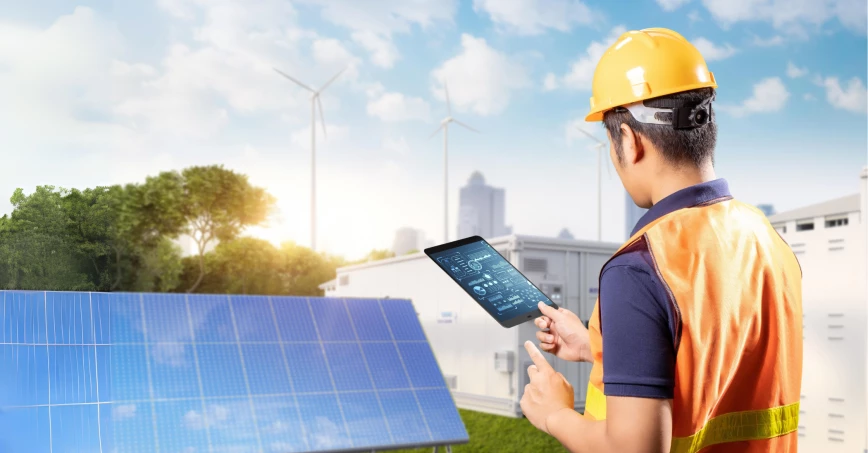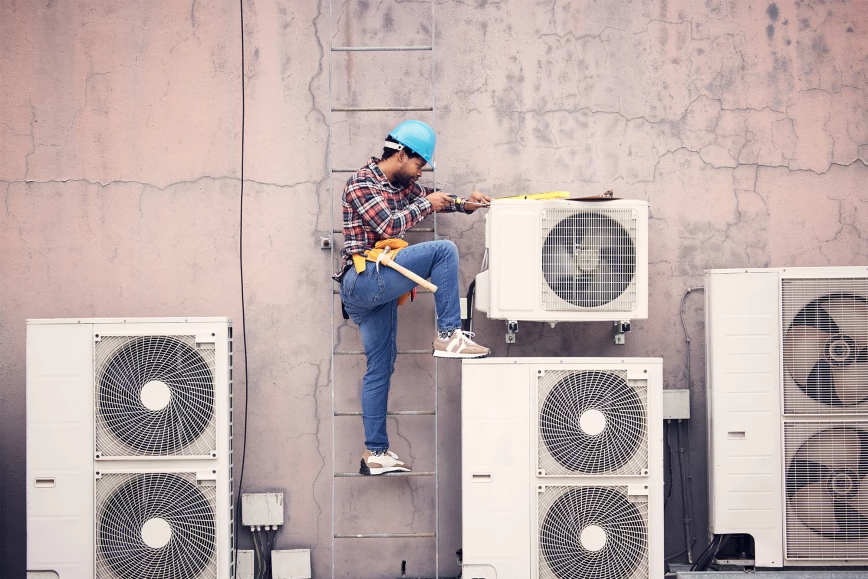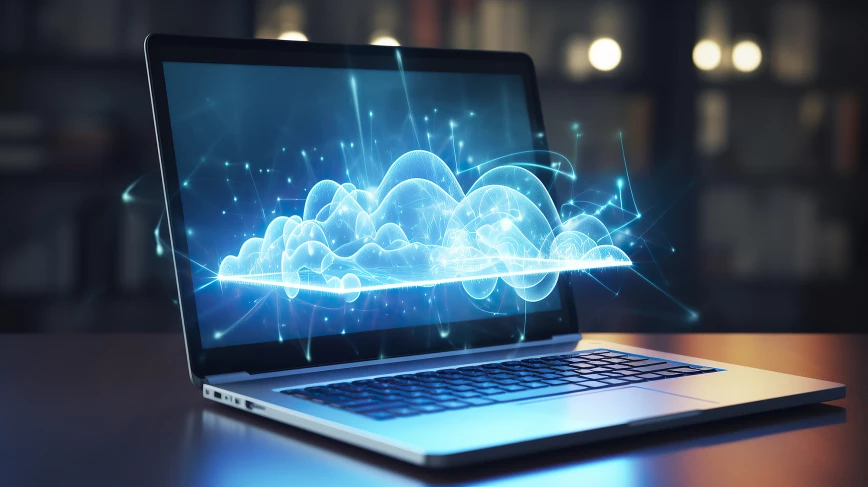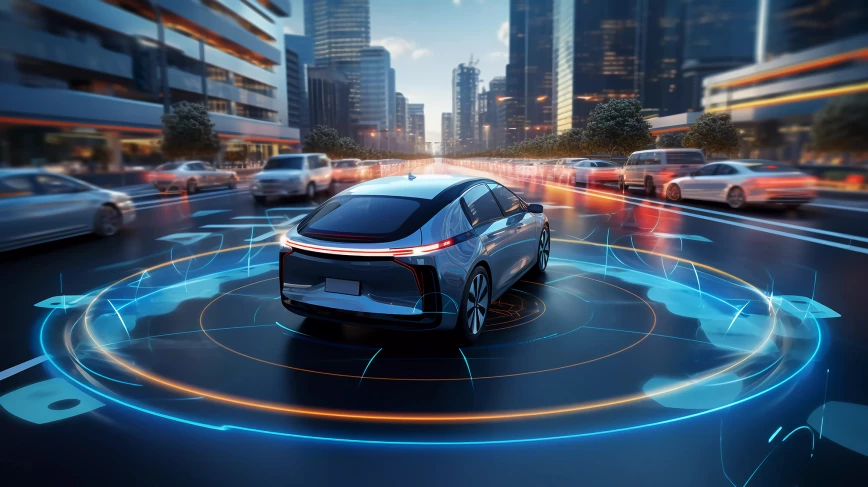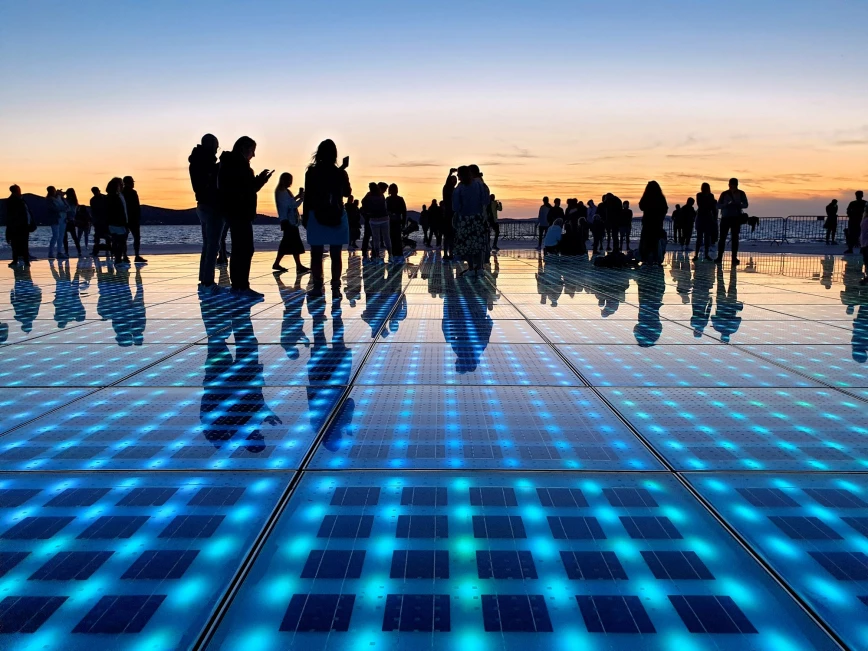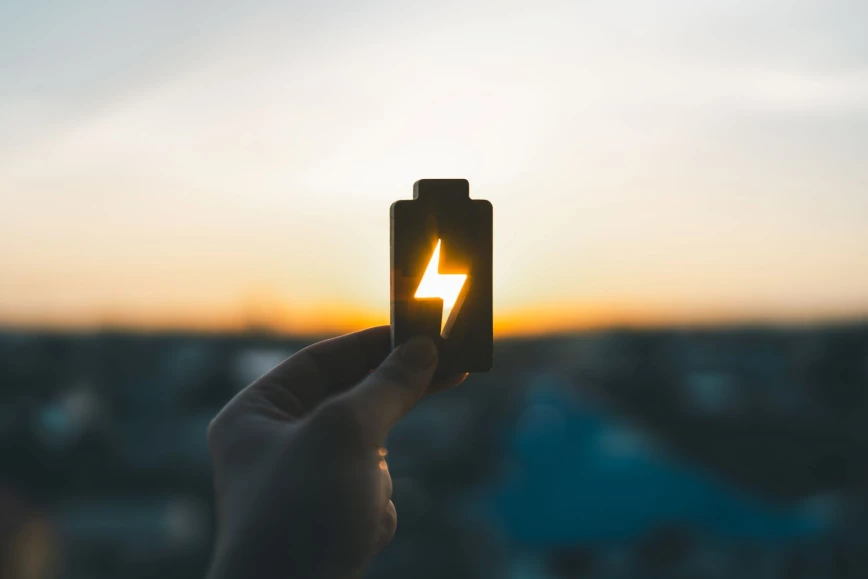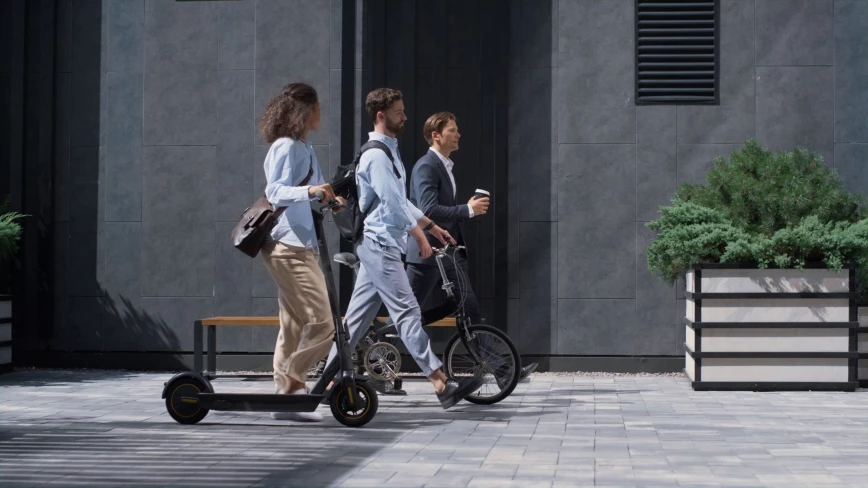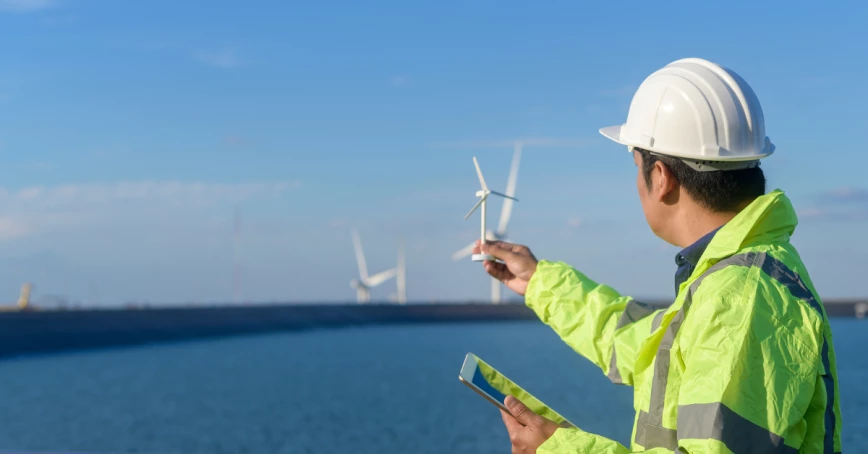News
Our team of experts has years of experience and a wealth of knowledge to share with you, so you can stay ahead of the curve and make smart decisions.
Join our great place to work!
We’re always looking for bright and motivated people who share our values. If you’re interested, take a look at our vacancies.
